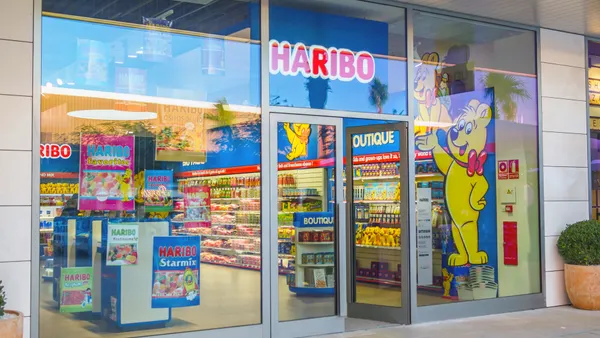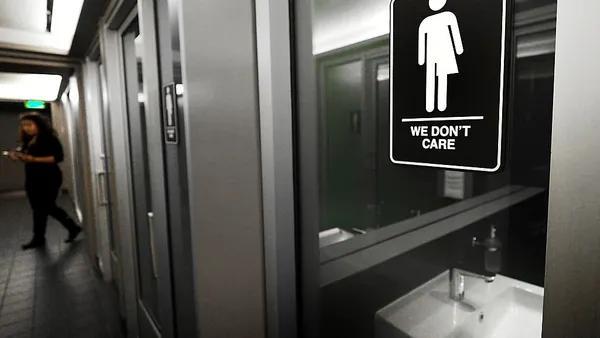Dive Brief:
- Jack in the Box, the fast-food restaurant chain, scored a win for franchisers when the U.S. District Court for Oregon ruled that it wasn’t a joint employer, reports Mondaq.
- Employees sued the company for allegedly violating minimum-wage provisions and wage-and-hour laws under the Fair Labor Standards Act. The court originally dismissed the suit, but the employees re-filed their claims. The company asked for and was granted summary judgment.
- The court ruled in Jack in the Box’s favor using the “economic reality” test which determines whether: 1) the employer has hire and fire power over workers; 2) supervises and controls workers’ schedules; 3) determines pay rates and methods; and 4) keeps employment records.
Dive Insight:
Given the rise in joint-employer claims, companies must clarify their roles when affiliated with other entities. Franchisers and franchisees, staffing firms and hosting companies, and construction companies and subcontractors have all been sued as joint employers.
Joint employer claims garnered attention when the NLRB ruled in the Browning-Ferris case that the company was in fact a joint employer with its contractor, making it responsible (and liable) for the employees under the contractor's care. The decision was appealed. But until a final decision is made on the matter, employers must be especially careful concerning their relationships with any contracted or franchised entities in order to reduce the possibility they could be considered joint.














